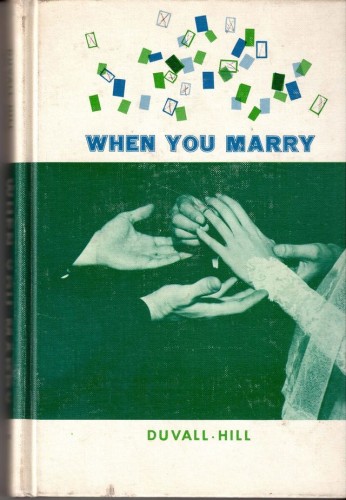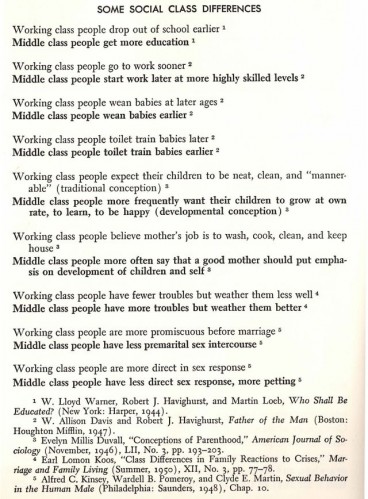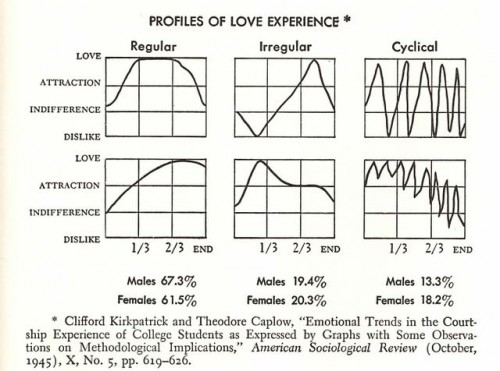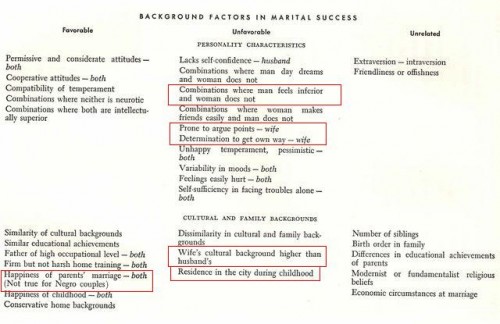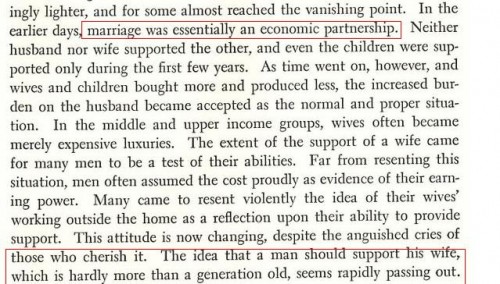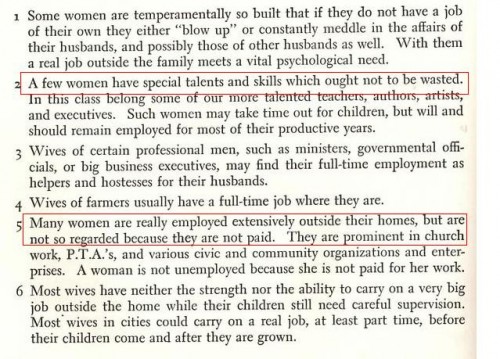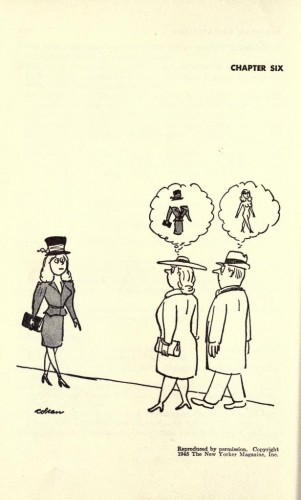Serena Williams is on the cover of ESPN this month, as Becky T. pointed out. And Becky is torn. I’d like to put it up for discussion.
The cover:
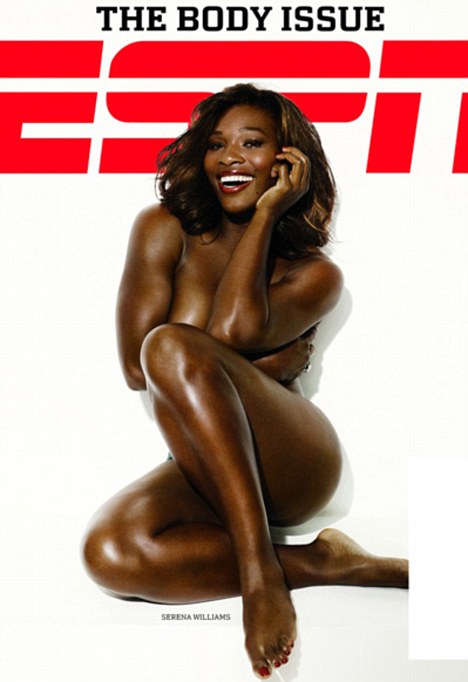
So, on the one hand: Dude. Why is it that a woman rarely makes it onto the cover of ESPN and, when she does, she’s freakin’ naked? And, of course (*sarcasm*), it’s for “The Body Issue” (because women’s bodies are where it’s at, right fellas?). I did a google image search for “espn cover” and the first page of results includes only two women. One is naked (Williams) and the other is pregnant.
On the other hand: The cover doesn’t appear to be trying to hide or diminish Williams’ strength. The girl is STRONG. Check out that bicep! Part of me wants to say that she looks good. DAMN good.
What do you think?
—————————
Lisa Wade is a professor of sociology at Occidental College. You can follow her on Twitter and Facebook.


